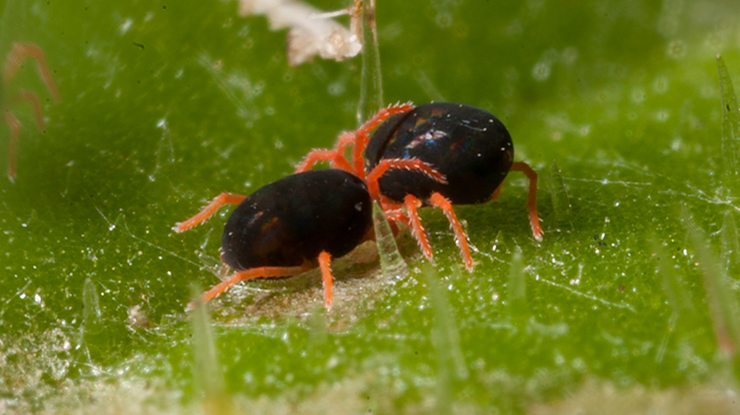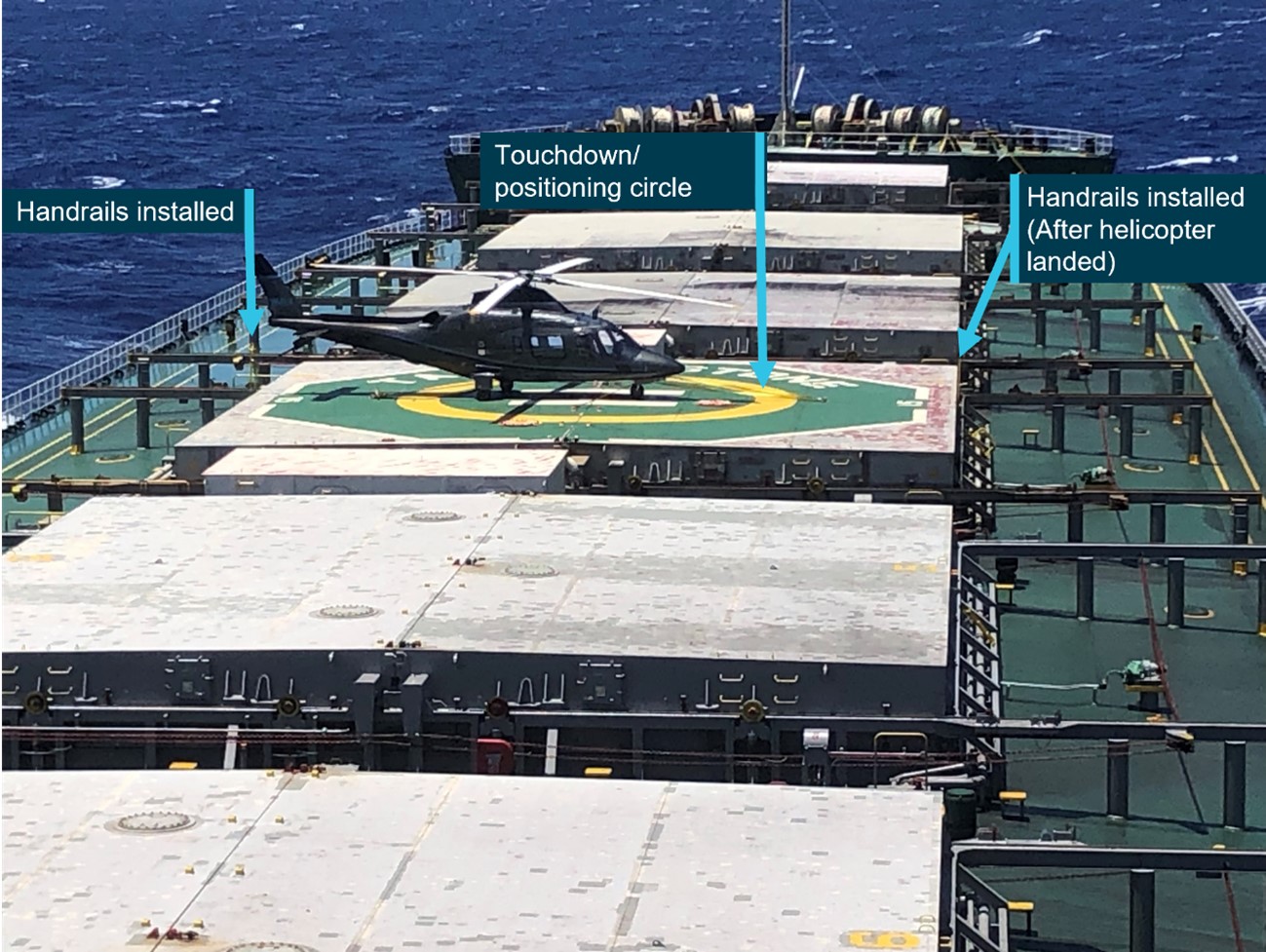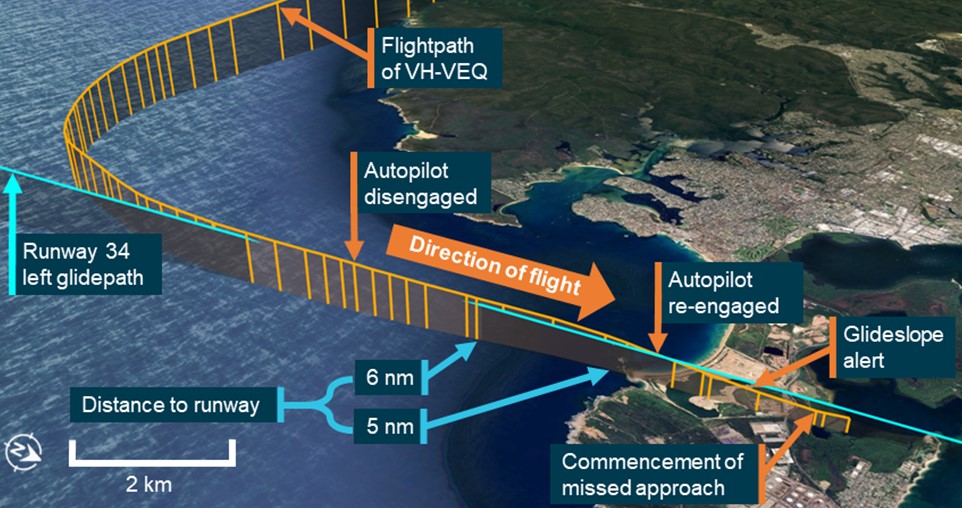 An MLA-funded project aims to reduce the significant impacts of the redlegged earth mite (RLEM) on grain and pasture productivity through improved pest management. Image credit: Andrew Weeks, Cesar Australia
An MLA-funded project aims to reduce the significant impacts of the redlegged earth mite (RLEM) on grain and pasture productivity through improved pest management. Image credit: Andrew Weeks, Cesar Australia
The redlegged earth mite (RLEM) is a pest affecting crops and pastures across southern Australia. The repeated use of limited registered chemicals for the control of this pest has resulted in the emergence and spread of insecticide resistance to synthetic pyrethroids (SPs) and organophosphates (OPs) across the southern regions of Australia.
Ongoing resistance surveillance shows that insecticide resistance in the RLEM to both SPs and OPs is now widespread across Western Australia and present in several regions in South Australia and Victoria.
Meat & Livestock Australia (MLA) is co-investing into a larger Grains Research and Development Corporation (GRDC) project led by Cesar Australia to extend the scope of the outputs from grains industry research and to validate these in pasture systems for the benefit of red meat producers.
Free screening service for producers
This project aims to reduce the significant impacts of RLEM on grain and pasture productivity through improved pest management. The work will lead to improved biological, cultural, and chemical control strategies for RLEM, and will help growers and advisors make better decisions around pesticide use. As part of this research, Cesar Australia is running a free screening service to test for insecticide resistance in populations from South Australia, Victoria, New South Wales and Tasmania.
Producers are asked to contribute to this research by getting in touch if they either noticed a chemical control failure, suspect insecticide resistance or have paddocks that continually require control of RLEM with pesticides.
This no-cost screening service is made possible through a GRDC investment and MLA co-investment being led by Cesar Australia in collaboration with the University of Melbourne, the Western Australian Department of Primary Industries and Regional Development and CSIRO.
The insecticide resistance screening service will not only help detect any resistance before it becomes widespread but will also assist in identifying the best control options for producers.








